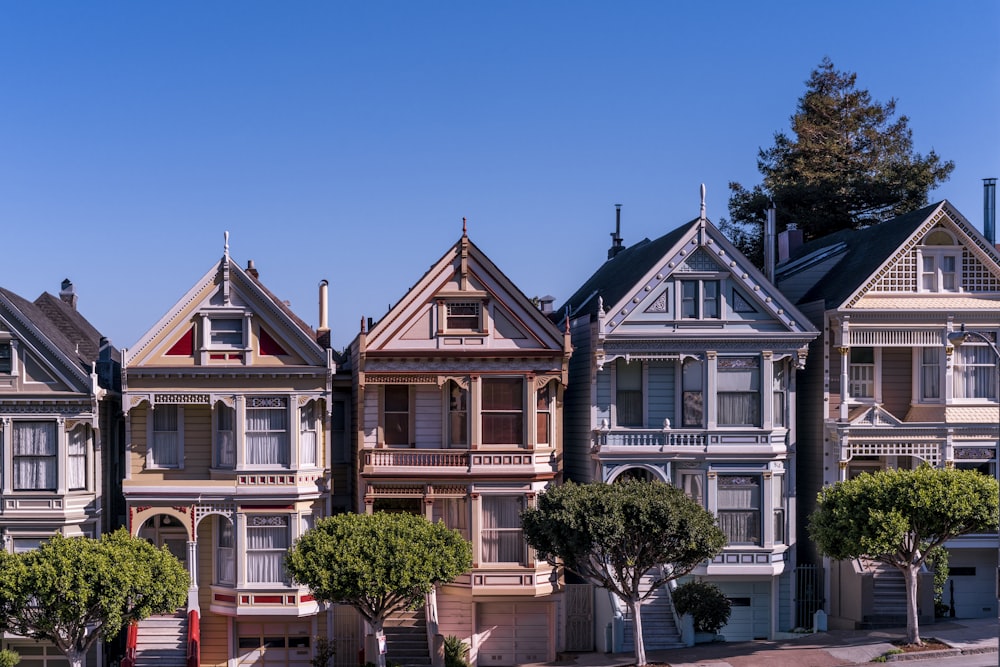The Housing Boom Is Not A Bubble
The housing boom is not a bubble—but prices are likely to fall when interest rates rise. The real consequences in terms of employment and widespread recession will not come as they did in the Great Recession, but many home buyers will be disappointed with the prices they have paid in the years to come.
Home prices appreciated by four to five percent per year from 2013 through the first half of 2020. This was a fairly stable era for the economy and interest rates, but with decelerating population growth. (Population helps drive demand for housing.) In the summer of 2020, though, housing prices began accelerating.
Image Source: Unsplash
Low mortgage rates drove this housing boom in late 2020 and early 2021. The Federal Reserve poured newly printed (virtually printed) dollars into the financial system, driving interest rates down. Mortgage rates were a little slow to fall at first, but by July 2020 had hit 3.0%, an all-time record low.
Families that had hoped to buy houses in 2023 or 2024 ran the numbers on a home purchase with low mortgage rates and found they could buy in 2020. And buy they did. At the same time, some apartment dwellers decided that remote work would be more comfortable in a house, further stimulating demand.
Since the end of 2019, home prices in the United States have risen a whopping 24%, averaged across all regions of the country.
How much should prices have risen? A common theoretical model of home prices suggests that a drop in mortgage rates from 4.0% to 3.0% should push prices up around 25% to 30%.
We usually don’t see such changes in reality, because when interest rates fall it’s usually because the economy is weak and housing demand is soft. Today the theoretical model makes more sense, because prospective home buyers have mostly kept their jobs plus they have received stimulus payments. So we are in an exceptional time in which interest rates have dropped but incomes are strong.
A smaller impact would come if homebuilders created lots of new houses. Although they ramped up construction of new homes late in 2020, they could not keep increasing construction because of limits on buildable lots, building materials and skilled workers.
A bubble occurs when asset prices are pushed above fundamental value by speculation that the price gains will keep coming. The “greater fool” theory assets that a person may be a fool for buying the asset, but it will work out so long as there is a greater fool who will buy it for a higher price sometime in the future.
We may currently have some people purchasing houses for the purpose of flipping them, but a few such buyers do not define a bubble. Unlike the early 2000s, mortgage underwriting standards have not dropped. Also unlike the early 2000s, we are not building too many houses relative to underlying demographic demand.
That does not mean houses are a good buy today. Just as home prices rose as interest rates fell, home prices may fall when interest rates rise. That’s not baked in the cake because of the long-term trend of home prices rising. The average gain has been 4.5% per year since 1975 (when the good data begin). However, a sharp runup in interest rates could trigger price cutting be sellers.
Recently long-term treasury bond yields increased, and mortgage rates will gradually adjust in line with treasuries. If the Federal Reserve stops buying securities every month—which they are likely to do next year—then homes purchased today could be worth 30% less in two years’ time. That sounds ugly, but the benefits of owning a house will continue, even if the resale value has dropped.
For the economy as a whole, a retreat of home prices would not be bad. The bulk of homeowners would simply have given up the unrecognized gains they had for a year or two. And the bulk of non-homeowners would be largely unaffected. Some people who purchased houses early in this boom will come out with paper gains, and those who bought late will have paper losses. But a paper loss is not bad for a homeowner who intends to live in the house for a number of years.
Average families thinking about buying a house should be motivated by fundamental considerations: is this the right home for our family and can we afford it? If the answer is “Yes,” then go ahead and buy even if the price may decline for a year or two.





This is missing the newer component impacting prices - investment companies formed to buy houses for cash and pricing individual buyers out of the market. Several hundred thousand houses bought up this year alone. No-lose for them - they intend to rent them out, which by pushing buyers out of the market raises rental demand; and/or they can flip if bubble continues too long.